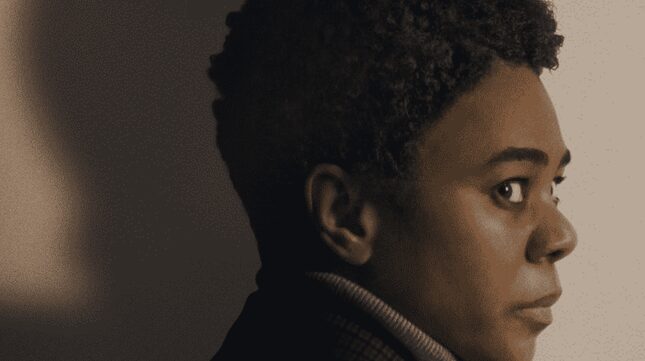‘Master’ Is a Familiar Horror Story for Black Women, But Doesn’t Stick the Landing
Up and coming filmmaker Mariama Diallo's latest film on Amazon is a freaky tale about Black women stuck in Hell.
EntertainmentMovies

Director Mariama Diallo is no stranger to the horror genre centering the societal anguish of Black women in unsafe or even spooky spaces—and while her first feature film, Master, does just that, it also fell a little flat.
While we’ve previously seen Diallo explore this territory in her 2018 short film, Hair Wolf, which follows a Black hair salon that has been hijacked by a mysterious monster (aka white woman) who is intent on draining the heart and soul of Black culture, Master takes a slightly different, yet familiar route.
The film, which debuted on Amazon on March 18, is a chilly psychological thriller that hits too close to home for Black people who know the problems faced by the centered characters all too well—fighting for survival in a world that’s rigged against them. Master transports viewers to the illustrious grounds of a fictitious Ivy League college called Ancaster. Set in New England, cinematographer Charlotte Hornsby crafts an aesthetic that emphasizes the spook factor hanging from an environment comprised of old trees, red-brick buildings, and forceful, foreboding wind. It follows three Black women—Gail (played by Regina Hall), Jasmine (played by Zoe Renee) and Liv (played by Amber Gray)—who are intertwined in the battle to assimilate into the mostly-white, elite institution.
Renee’s Jasmine is the idealistic freshman who doesn’t have to wait too long after her arrival before she discovers that her dorm room has been cursed by the ghost of a former Black student who was found dead by suicide in the sixties. Arguably the most affecting tale of the three, Jasmine’s ability to thrive at Ancaster is thwarted by both the hostile energy in her home created by its history and her nasty white roommate, Amelia.
-

-

-

-

-

-

-

-

-

-

-

-

-

-

-

-

-

-

-

-

-

-

-

-

-

-

-

-

-

-

-

-

-

-

-

-

-

-

-

-








































